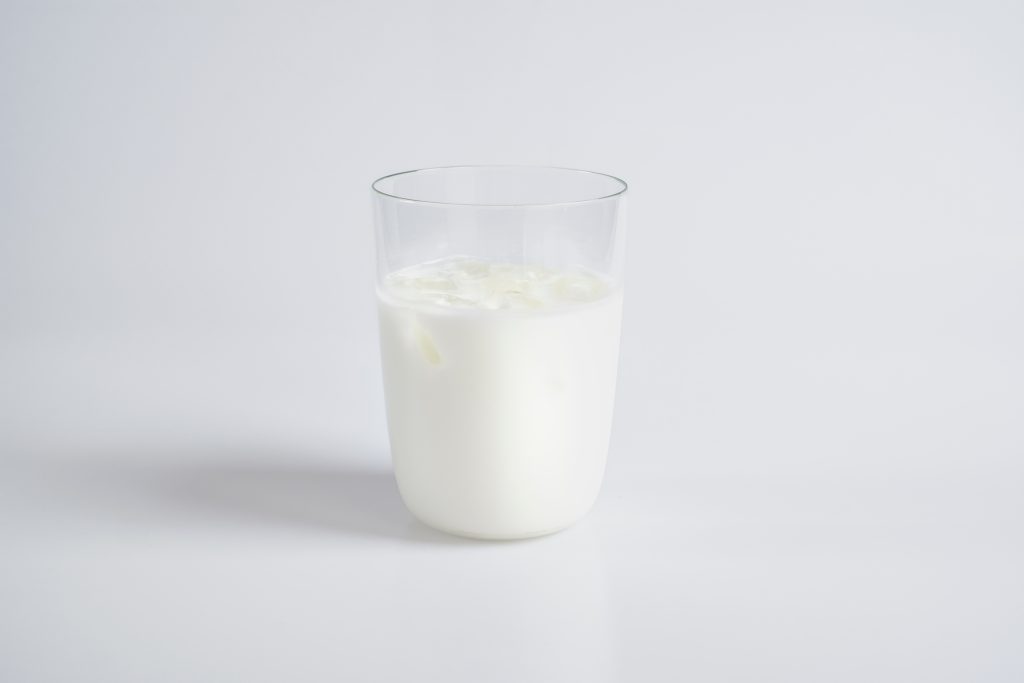Milk Prices Fall For The First Time In Nearly Three Years, How Low Will They Go?
UK-based milk producer Tesco announced that it has locked in lower prices for over 1000 products, including milk, until July 5, 2023.

Inflation has caused the price of just about every consumer good to skyrocket. Customers have been trying to cut costs on their grocery bills. Thankfully, one of Britain’s major retailers, Tesco, is lowering milk prices for the first time in years.
According to Tesco’s announcement, they are locking in prices for over 1000 products until July 5th. This comes from Tesco as they commit to their values to provide deals on family staples. These new prices come as an investment for customers.
They specified that their milk prices will also drop. The price of a four-pint variety will drop from £1.65 ($2.06 USD) to £1.55 ($1.94 USD), a pint of milk will drop from 95p ($1.19 USD) to 90p ($1.12 USD), and two pints from £1.30 ($1.62 USD) to £1.25 ($1.56 USD). These prices have not dropped since May of 2020 according to their post.
The price of milk is influenced by supply and demand. If demand for milk exceeds the supply, the price will go up. The current rise could be due to the shortage in labor and demand.
The cost of production can also increase prices. For example, the cost of animal feed, labor costs, and equipment costs. This can be influenced by factors such as weather conditions, market prices for inputs, and government policies.
Transportation costs also influence milk prices. Milk needs to be transported from the farm to processing plants, then the transportation from the processing plants to stores. Transportation costs include fuel costs.
Tesco’s CEO of the UK Division, Jason Tarry, weighs in that Tesco has seen some deflation in the market and would like to “pass that reduction on to customers”. He further mentioned that the current cut in milk prices will not affect the price the company pays its milk farmers. It seems that this price cut benefits everybody.
According to Reueters, inflation of groceries rose by 17.5 percent in the United Kingdom. This particularly hit consumers hard as staple necessities like cheese, egg, and milk prices have seen increases as well. This has urged customers to find ways to save on their grocery bills.
Tesco’s announcement of locking milk prices down definitely helps customers out. Hopefully, other major retail brands will view Tesco as an example. Could this be a sign that inflation is finally slowing down?
One of the primary signs that inflation is slowing down is a slowing increase of prices. As inflation slows down, the prices of goods and services may be slow to increase, stabilize or even decrease. As when prices rise too high, the demand for goods and services decreases, and businesses may be reluctant to further increase prices. Central banks may lower interest rates to encourage borrowing and stimulate economic growth when inflation does slow down. However, according to NPR, the United States Federal Reserve has not shown any indication of lower rates. This can be seen as a strong signal that inflation may not be slowing down and milk prices may stay the same.







